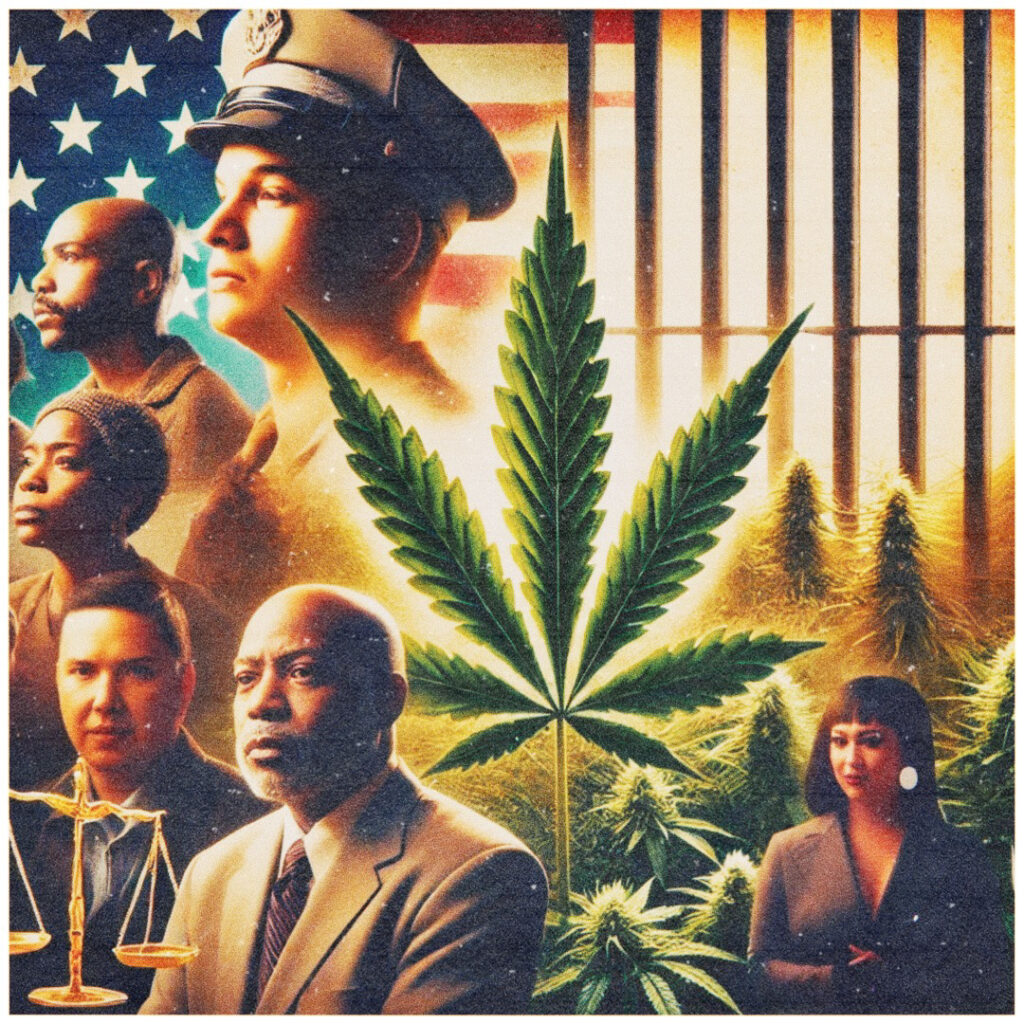Pennsylvania’s outdated marijuana laws disproportionately harm marginalized communities and hinder economic potential, making reform urgently necessary.
Pennsylvania continues to lag behind its neighbors in the movement toward marijuana legalization. As states across the country increasingly decriminalize or legalize cannabis, Pennsylvania clings to outdated policies that are not only economically inefficient but socially damaging. Recent data paints a stark picture: an average of 32 people are arrested daily in the state for marijuana possession. These numbers serve as a glaring reminder that Pennsylvania’s marijuana laws are desperately in need of reform.
The Arrest Epidemic
In 2023, over 12,000 individuals in Pennsylvania were arrested for cannabis possession—an alarming statistic that should prompt immediate legislative action.
Of those arrested, 10,463 were adults, while a troubling 1,578 were juveniles. Despite limited efforts in some cities to decriminalize marijuana, these arrests are a statewide epidemic. The existing legal framework continues to treat cannabis users as criminals, a policy that costs the state resources, increases taxpayer burden, and fuels systemic inequity.
Targeting the Marginalized
Nowhere is this impact more evident than in Pennsylvania’s Black communities. Although Black individuals make up just 13% of the state’s population, they account for a staggering 40% of marijuana possession arrests.
This racial disparity highlights a broader systemic problem within Pennsylvania’s justice system, which disproportionately targets marginalized communities for minor offenses. Even in regions where cannabis possession has been decriminalized, Black Pennsylvanians are still arrested at much higher rates than their white counterparts. The evidence is undeniable: marijuana enforcement in Pennsylvania has become yet another tool of racial injustice.
Pennsylvania: An Outlier in a Changing Nation
As states like New Jersey, Delaware, and New York have embraced cannabis legalization, Pennsylvania remains an island of prohibition. The economic, legal, and social benefits of marijuana reform have been widely documented in these neighboring states.
However, the state remains at a standstill, largely due to political gridlock. Despite bipartisan support for reform—evident in efforts spearheaded by Reps. Aaron Kaufer (R) and Emily Kinkead (D)—the state’s GOP leadership remains staunchly opposed. This reluctance to evolve, despite overwhelming evidence of the benefits of legalization, has left Pennsylvania increasingly isolated in a region moving toward more progressive marijuana policies.
Why Legalization Makes Sense
Legalizing marijuana in Pennsylvania would not only align the state with its neighbors but would also unlock significant economic potential. States with legal cannabis markets have seen substantial tax revenue increases, an influx of new jobs, and reduced strain on their criminal justice systems.
The state could also redirect law enforcement resources toward more serious criminal activity, addressing a primary concern of conservative and progressive lawmakers alike; the former for its ability to crack down on immediate violence, and the latter for its potential with regard to focusing on the root causes of crime, including poverty and quintile disparity.
Furthermore, legalization would create opportunities to expunge nonviolent marijuana convictions, helping those disproportionately affected by the war on drugs start anew.
The benefits aren’t just economic—legalization could also help mend the deep social scars caused by decades of unfair marijuana enforcement. For communities of color, in particular, it would signal a step toward justice and equity, not just in policy but in practice.

The Path Forward
The current approach to marijuana enforcement in Pennsylvania is unsustainable. It is clear that the state’s marijuana laws are not only outdated but actively harmful, particularly to marginalized communities.
As lawmakers convene, they must weigh the growing body of evidence supporting cannabis legalization. Beyond tax revenue and job creation, legalization offers Pennsylvania a chance to address systemic racial injustices, reduce unnecessary arrests, and create a more equitable society.
With legalization efforts advancing in every state that borders Pennsylvania, the tide is turning. Pennsylvania must decide if it will cling to outdated policies or move forward with the rest of the country. For the sake of justice, economic opportunity, and common sense, reform cannot come soon enough.
***
Trap Culture is the ultimate destination for cannabis enthusiasts who want to experience the best of Arizona’s cannabis culture. Whether you are looking for the hottest cannabis-friendly events, the latest news on debunking negative myths about marijuana, trends in the industry and exclusive, limited-edition products from the top brands in the market, Trap Culture has you covered. Visit our website to learn more about our events, our blog, and our store. Follow us on social media to stay updated on the latest news and promotions. Join the Trap Culture family and experience the most immersive and engaging cannabis-friendly social events in Arizona.


